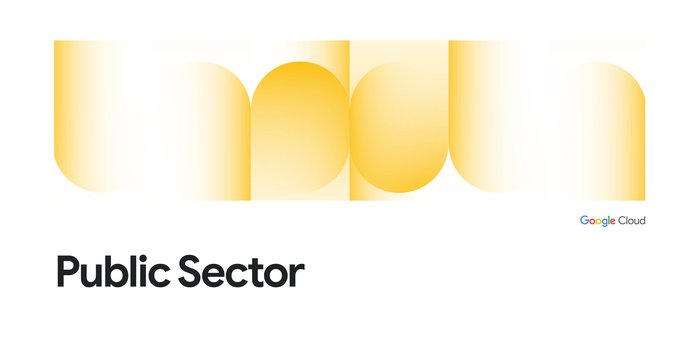How Penn State World Campus is leveraging AI to help their advisers provide better student services

Nicole DeSantis
Research Marketing Manager, Google Cloud
Recently we spoke to Dawn Coder, director of academic advising and student disability services at Penn State World Campus, which was established in 1998 to provide accessible, quality education for online learners. It has since grown to have the second largest enrollment in the university, serving thirty thousand students all over the world. By building a virtual advising assistant to automate routine interactions, Coder and her department aim to serve more students more efficiently. Working with Google and Quantiphi, a Google Cloud Partner of the Year for Machine Learning, they plan to roll out the pilot program, their first using AI, in January 2020.
How does Penn State World Campus support its students?
Our goal is to help students graduate and pursue whatever their goals are. I supervise three key services here: academic advising for undergraduates, disability services and accommodations for undergraduate and graduate students, and military services for our veterans and students on active duty, as well as their spouses. Altogether our team has about sixty employees serving approximately 11,000 undergraduates who take classes online from anywhere in the world.
Why turn to AI?
Our strategic objectives include student retention and organizational optimization, so that’s where AI fits in. We want to make our organization as efficient as possible, make sure employees are not overworked and overwhelmed, and provide the best quality services for our students to set them up for success. Quantiphi is using Google Cloud AI tools like Dialogflow to build us a custom user interface that will take incoming emails from students and recognize keywords to sort those emails into categories, like requests for change of major, change of campus, re-enrollment, and deferment. For example, if a student emails us asking how to re-enroll to finish a degree, the virtual assistant can collect all the relevant information about that student for the adviser in seconds. It can even generate a boilerplate response that the adviser can customize. Our students are physically located all over the world; they can’t just stop by our office. This allows them to get answers quicker in a way that’s convenient for them.
Why choose Google?
Security was an important factor because we’re working with student data. That was the biggest decision-maker. We also wanted to work with a company who believes education is important, especially higher education, because if you aren’t aligned with the goal of who we are, it’s really difficult to build a strong, positive relationship. I felt as though the representatives from Google and Quantiphi were focused on higher ed and really understood it. That was another decision-maker for our team.
What benefits do you hope to see?
Using this new interface will provide advisers with necessary student information in one place. Currently, academic advisers access many different screens in our student information system to gather all the student information needed to provide next steps. The AI-driven tool will centralize the process and all the data will be displayed in one place. With the time that is saved, an adviser will have more quality time to assist students with special circumstances, career planning, and schedule planning. We want to scale our services to serve more students as World Campus grows. During peak times of the semester, it can take our advisers longer than we would like to respond. If AI can help us reduce the time it takes to a few minutes, that will be a huge success.
What’s next for this project?
If the project is successful, our hope is to expand AI to other World Campus departments, like admissions or the registrar and bursar’s offices. Our biggest goal is always providing quality, accurate services to students in a timely manner—more in real time than having to wait a long time. My hope is that technology can make the process more intuitive so students can make more decisions on their own, knowing that the academic advisers are always there to advocate for them. There’s so much more to academic advising than just scheduling courses!
During peak times of the semester, it can take our advisers longer than we would like to respond. If AI can help us reduce the time it takes to a few minutes, that will be a huge success.
Dawn Coder, director of academic advising and student disability services, Penn State World Campus

